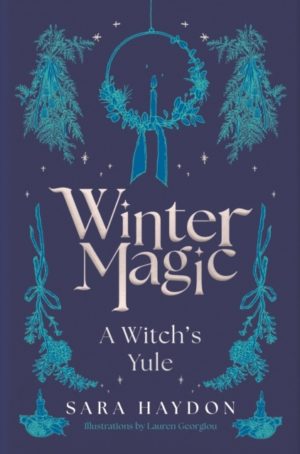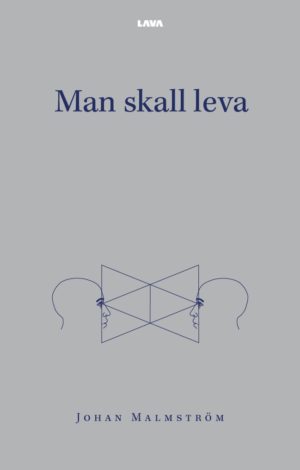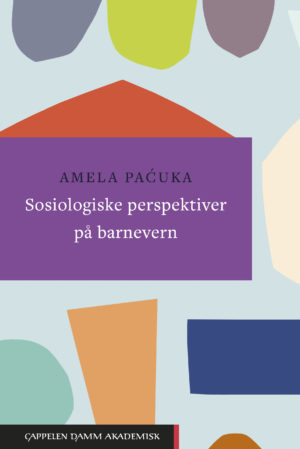· Examines four suppressed and secret texts to discover the deeper
truths beneath Japanese mythology
· Introduces evidence of ancient civilisations in Japan, the sacred
geometry of primitive times and claims of a non-Earthly origin
of the Emperors
· Explores how these texts convey the sacred spiritual science of
Japan's Golden Age with parallels in ancient India, Europe and
Egypt
In Japan there are roughly two dozen secret manuscripts originally dating back to the paleolithic era, the age of heroes and gods, that have been handed down by the ruling families for centuries. Rejected by orthodox Japanese scholars and never before translated into English, these documents speak of primaeval alphabets, lost languages, forgotten technologies and the sacred spiritual science. Some even refer to UFOs, Atlantis and Jesus coming to Japan.
Translating directly from the original Japanese, Avery Morrow explores four of these manuscripts in full as well as reviewing the key stories of the other Golden Age chronicles. Taking a spiritual approach à la Julius Evola to these “parahistorical” chronicles, Morrow shows how they access a higher order of knowledge and demonstrate direct parallels to many ancient texts of India, Europe and Egypt.
In the Kujiki Taiseikyo manuscript Morrow uncovers the secret symbolism of a Buddhist saint and the origin of a modern prophecy of apocalypse. In the Hotsuma Tsutaye manuscript he reveals the exploits of a noble tribe who defeated a million-strong army without violence. In the Takenouchi manuscripts he shows us how the first Japanese emperor came from another world and ruled at a time when Atlantis and Mu still existed. And in the Katakamuna manuscripts the author unveils the sacred geometries of the universe from the symbolic songs of the 10,000-year-old Ashiya tribe. He also discusses the lost scripts known as the Kamiyo Moji and the magic spiritual science that underlies all of these texts, which enabled initiates to ascend to higher emotional states and increase their life force.







